
Recommendation
This important book advocates an ethical way to do business and elevates "soft" concepts, such as reputation, ethics and civic responsibilities, into real factors affecting your corporate bottom line. Using fresh interpretations and real-world examples, author Kevin Jackson shows how these elements can add to or detract from a corporation’s capital structure. He shares his mastery of how global corporations operate differently when they have a reputation for fairness and integrity. Jackson might challenge some management teams and boards of directors with his use of academic models, business cases and critical presentations to prove that good business behaviors and long-term profits are linked. getAbstract.com recommends Jackson’s persuasive book to business owners, strategists, marketers and senior managers who aspire to be leaders. As this fine book very ably shows, when a company builds a great reputation, everyone benefits.
Summary
About the Author
Kevin T. Jackson is a consultant for organizations and leaders worldwide. He is Associate Professor of Legal and Ethical Studies at Fordham University’s School of Business in New York City. Dr. Jackson has delivered seminars on ethics in the securities industry for the NASD, and gives frequent presentations. He often comments on corporate legal and ethical issues for the media and has been interviewed on CBS, CNN, Fox News and National Public Radio.









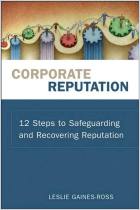
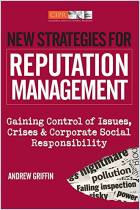
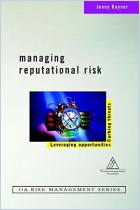
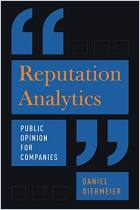
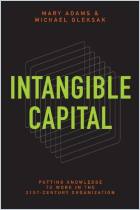
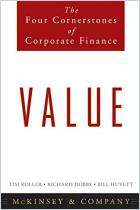








Comment on this summary